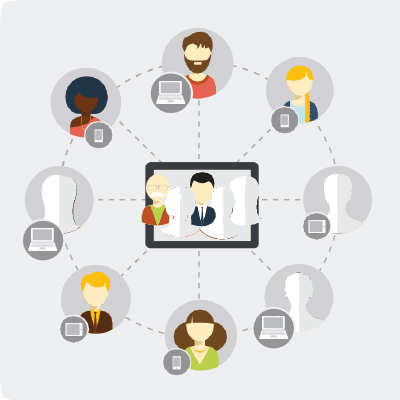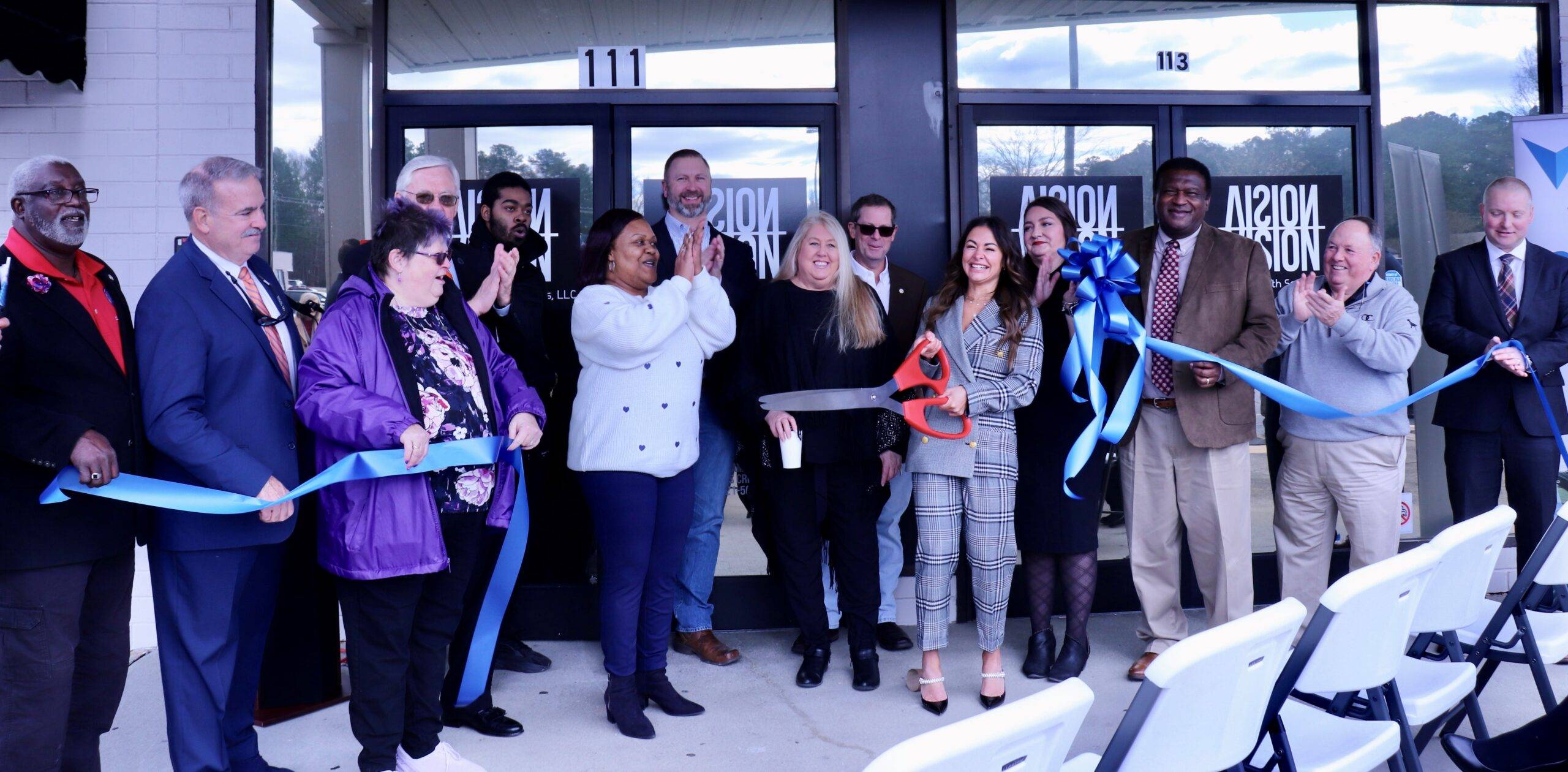While we are adjusting to living in a world of videoconferences, groups across the country had already learned how to use it to their advantage. Project ECHO™ (Extension of Community Health Outcomes) is an online model that links experts with community providers to share their knowledge and experiences virtually. This “tele-mentoring” increases access to high quality care through virtual collaboration, proving that when we work together, we provide better care.

Vaya Health understands this. After being part of a successful pilot program for Project ECHO™ modeling family support, they partnered with Mission Children’s Hospital to lead the WNC Family Support ECHO™. Family partners, navigators, advocates, support coordinators (and many other professionals) are not just extra aids – they are a vital piece of the support system for families and individuals with intellectual and other developmental disabilities. But with limited resources, it can be difficult to share information and provide the best care possible. The WNC Family Support ECHO™ changes that.
Led by Julie Davis, Vaya Health family partner, and Kerri Eaker, family support coordinator for Mission Children’s Hospital/Family Support Network of WNC, they bring their own first-hand experience both professionally and with their own families. That’s why they understand how crucial this is for western North Carolina.
“There are so few of us folks who provide the support,” said Julie. “This is a great opportunity to enhance professional development, knowledge and connection. With that, we’re able to support the families and individuals we serve much better because our knowledge base grows.”
While it’s easy to end up working in silos within any profession, it can become an even bigger problem for rural counties with limited resources. Kerri said what seemed to happen was one individual would end up with an area of expertise (hers being guardianship), and providers would help families on one issue, but then have to refer them to Kerri for help with guardianship or another expert for a different topic. The Project ECHO™ model bridges that knowledge gap through technology so that providers gain skills and feel supported in continuing to provide services to families.
“Our role is really building professional development among our family support advocates,” said Kerri. “It increases their knowledge, competency and confidence and connects them to other family support services.”
How it works – Pooling expertise and experience
The WNC Family Support ECHO™ has a series of monthly sessions from October through May and is based on a “hub and spokes” model. There are five “hub” members, led by Julie and Kerri, who are subject matter experts that act as facilitators throughout the sessions. The “spokes” consist of 12 community providers serving families across the region.
Each session begins with a short lecture from an outside guest expert around a topic chosen by the group, such as professionalism and boundaries, virtual learning for children with an IEP and supported decision-making. Following the lecture, one of the “spokes” presents a case with which they currently need help. The rest of the meeting is spent asking questions, digging deeper and making some recommendations. Hub members help facilitate the conversation and offer their expertise on the matter. Julie refers to it as an “All Teach, All Learn” method where everyone has a chance to share their own experiences and knowledge as well as learn from the other participants in the group. The next meeting is started with a follow-up on what action the participant took and the outcomes, bringing the learning full circle.
“It is critical in our rural areas where resources are limited,” said Kerri. “Being able to network and support one another is so helpful to serve the families in our region.”
The Future – From pilot project to innovative program example
Being research-based, all ECHO projects are required to submit the completed surveys and data collected. All of the research and data helps others learn how to use the model in their own regions and see what is working well. In fact, there are ECHO projects in progress globally.
And the pilot project has been noticed. The NC Family Support ECHO Pilot Project did so well that the hub team has been asked to present at the i2i Center for Integrative Health Virtual Conference in December. The team will present “Family Support ECHO: Amplifying the Connections Between Partners and Resources Vital to Whole Person Care” as part of the Sparking Innovation sessions.
When Julie and Kerri took the ECHO training to learn how to lead these types of projects, they didn’t know just how far it would take them. But just like the providers in rural counties who feel isolated, they knew they couldn’t do it alone. Colleagues from The Arc of N.C., Autism Society of N.C. and Family Preservation Services joined the hub team to share their expertise and resources. It all comes down to collaboration and partnerships, and Kerri and Julie see it as a privilege to head up the project, bringing together colleagues to learn from one another.
“Being a family partner is my profession,” said Julie. “I never dreamed that I would be paid because I’m my daughter’s mom. We live it and we work it.”
Based on how well the projects have been received so far, they plan to hold another on the topic of family support in fall/winter 2021. For questions, please contact Julie.davis@vayahealth.com or kerri.eaker@HCAHealthcare.com. For more information on Project ECHO, visit https://hsc.unm.edu/echo/.



